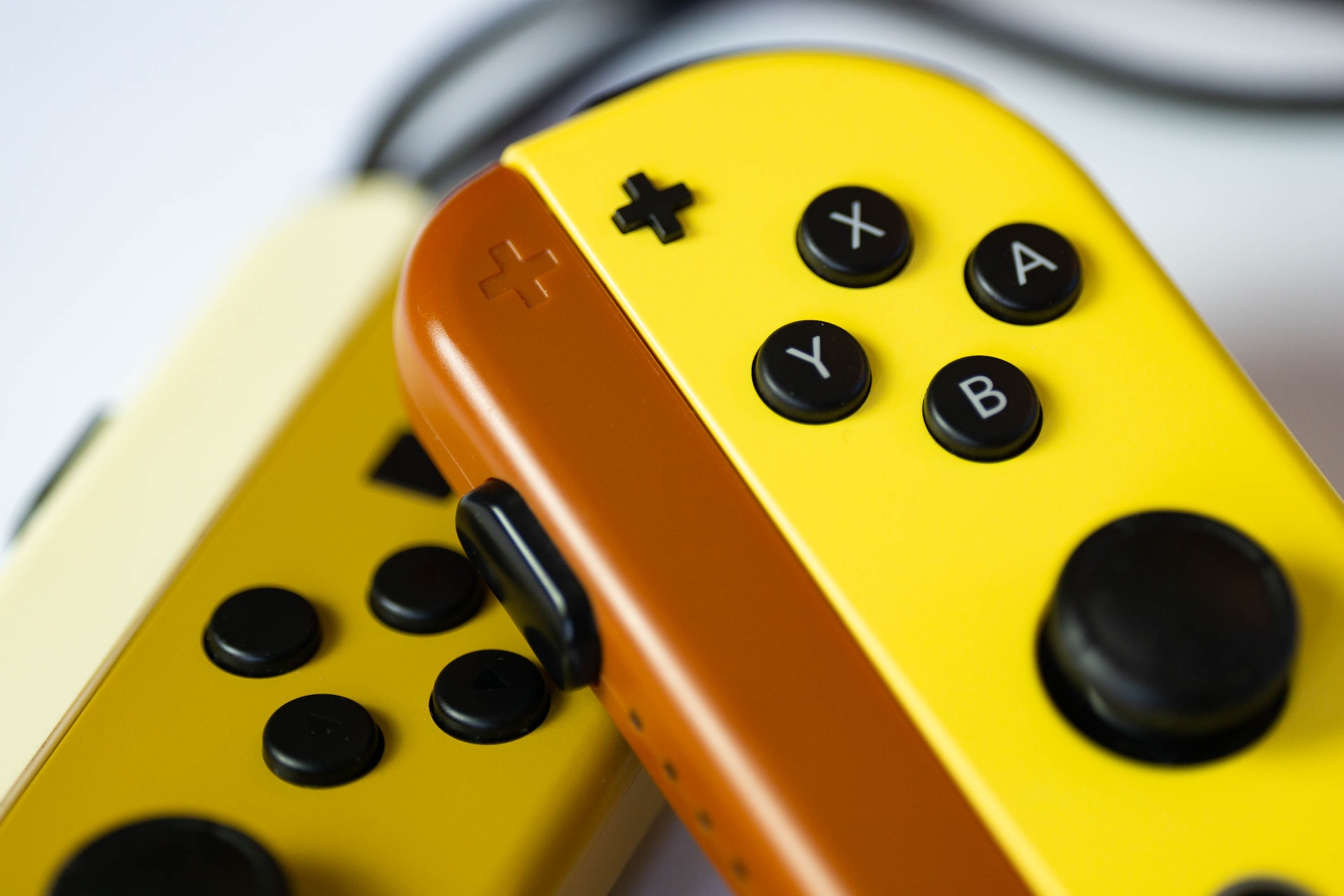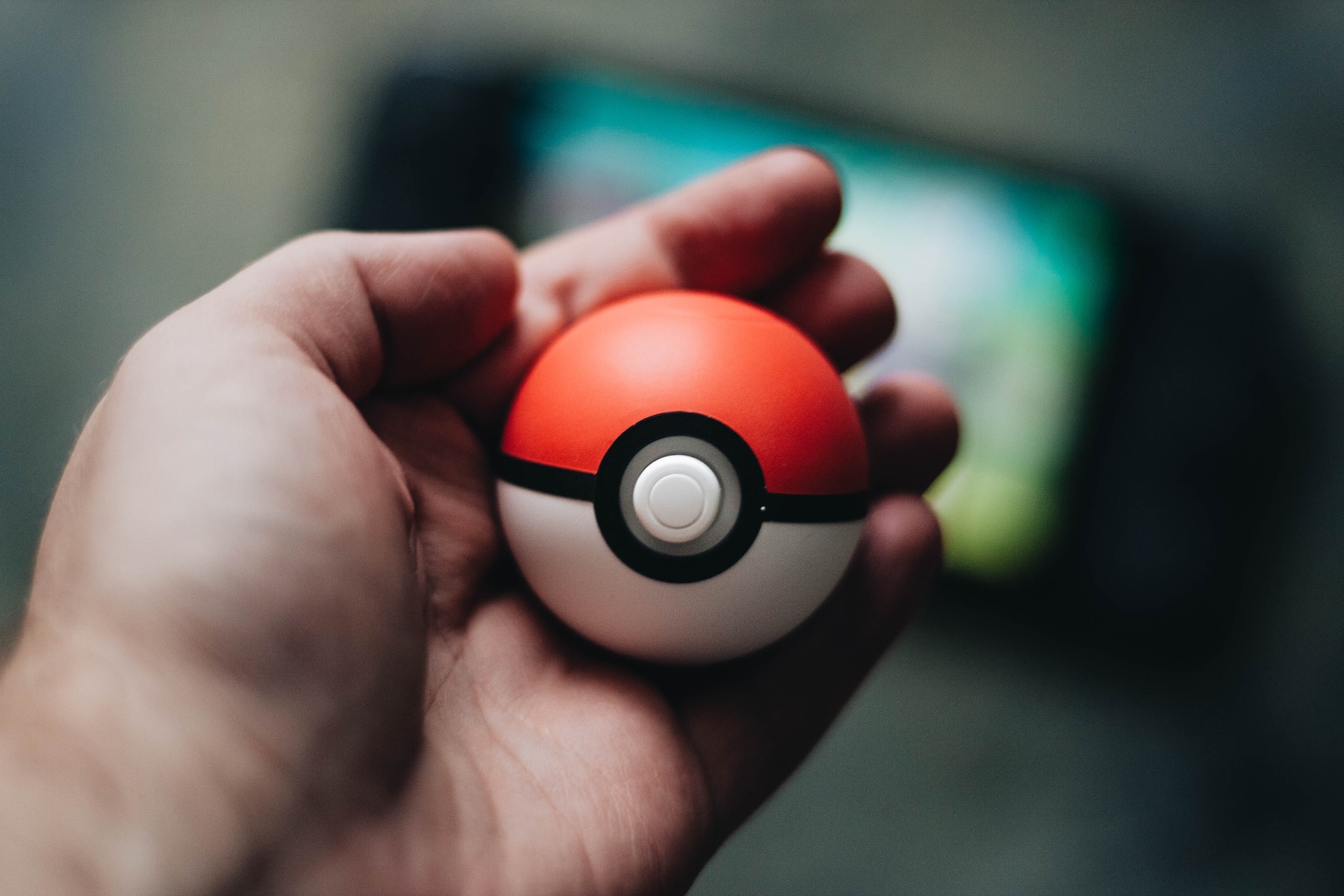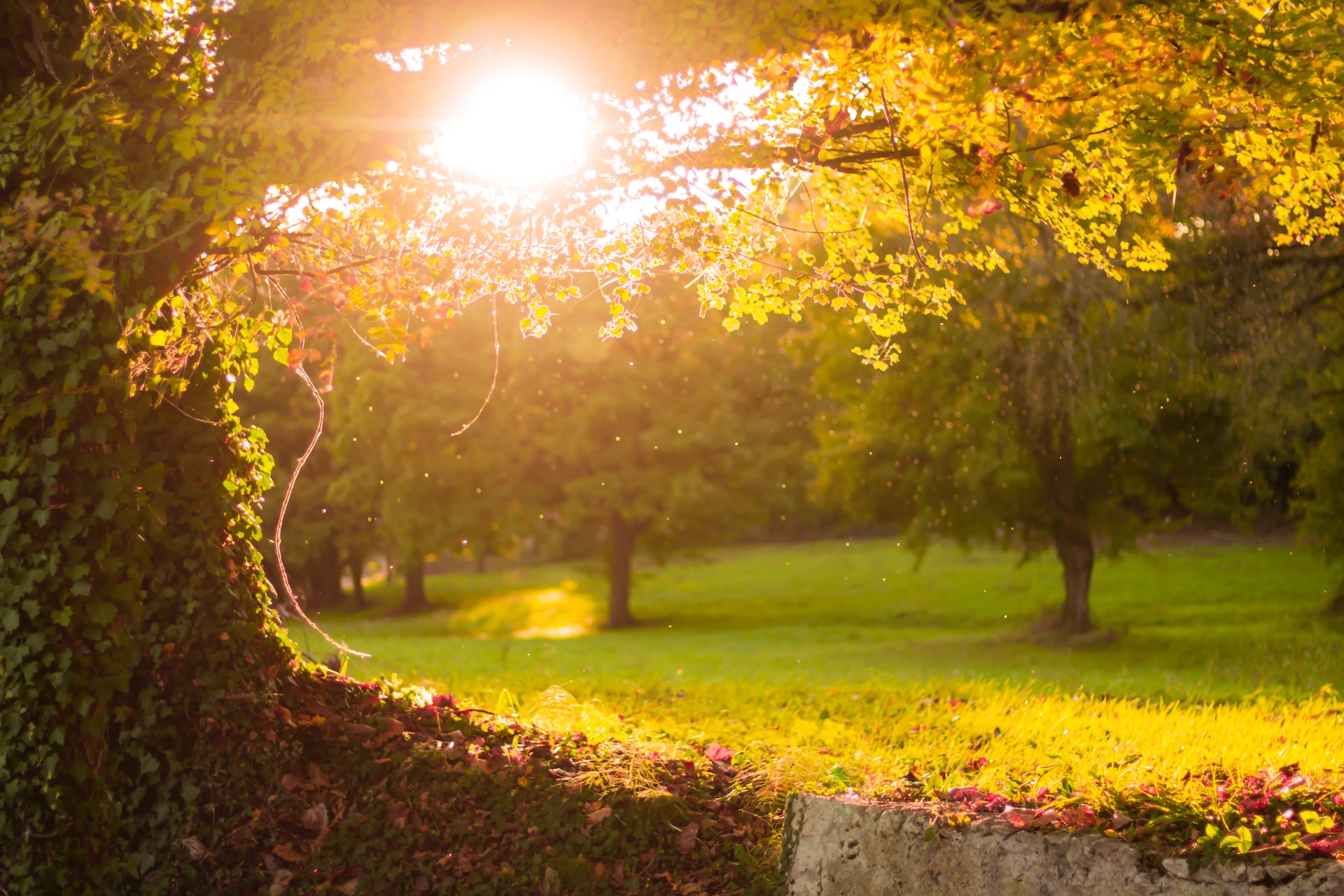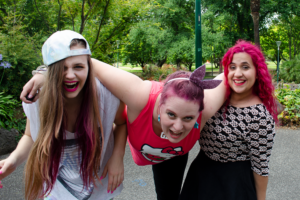Recently I made a post about having lost all my previous content. I have since found backups of some content. This post is one such piece. I originally published this in 2021 for an assignment in my studies of digital media and gamification.
Let me start by clarifying: Pokémon Go is not gamification. Gamification is when you apply game elements, to non-game contexts. Pokémon Go weirdly enough, kind of does things the other way around.
A fast-paced first-person action game played on a television using a games console can lead to different affective and attitudinal states than a puzzle game played on a smartphone or than following the rules created by a demanding toddler, yet players of all three will be aware that they are in a game.
(Landers et al. 2019)
Pokémon Go is a game. While playing it, you’ll be aware of it, unlike most gamification that surrounds us without detection. That said, with its AR elements, it allows the player to bring non-gaming environments or contexts into the game.

Okay, so if Pokémon Go isn’t gamification, it kind of breaks my recent post trend, doesn’t it? I’ve been talking a bit about motivation through gamified apps, using gamification to stay on task while writing, and even gamifying the growth of your social media platforms.
Ultimately, it can all be summed up as gamification for motivation. Something I clearly desperately need some help with.
Who’s avoiding going to her car to get her tripod?
— Millicent Nankivell (@millienankivell) May 7, 2021
This girl. pic.twitter.com/I8R5Ra3ySa
Why then am I blogging about Pokémon Go? It’s … well, it’s not really relevant anymore, is it? No one plays it anymore!
There is plenty of evidence that suggests people are continuing to play Pokémon Go (including my own personal bank balance—you’re welcome, Niantic!), even in the midst of a global pandemic, but that’s irrelevant to what I want to discuss with you today.
I was actually reminiscing about the time I went to the local park at 10pm and I couldn’t get a car park because everyone was out playing Pokémon Go, and there were police everywhere catching people foolish enough to drive and play 😅
— Millicent Nankivell (@millienankivell) May 7, 2021
Do you remember when Pokémon Go launched? pic.twitter.com/Wran9SmcUO
How can you gamify a game?
The really unique thing about Pokémon Go is that due to its AR capabilities and requirement that you participate in real-time activities in order to access certain functions, the utilisation of this app can be applied to non-game contexts. In my case, it was social interaction along with physical and mental health.
I’m a writer. I spend most of my free time glued to my desk working on whatever story idea I’m chasing at the time. I’m really terrible at making the effort to get out of the house and take care of myself. I’m also really terrible at engaging with my local community.
Was it effective?
Well, I mean, I did make new friends from the experience, and I did do a lot more walking.
One night after a particularly bad day at work, I was almost home when a notification lit up my phone screen informing me that Deoxys Raid Hour was about to begin. I didn’t know why I was bothering, because you can’t get the 5 star raid Pokémon by yourself. I guess I hoped there were other people there like me, lurking while jumping in gyms to see if others nearby would join them. Regardless, I pulled into a local park and checked out the scene.
No luck.
Ridiculously, I was disappointed by this, even though I knew it would be the case. I was just so miserable after what had been a really trying day. So I made the decision to check one more local park before calling it quits and just heading straight home.
I couldn’t believe my luck! There was a small group of people huddled together, and it looked like they were playing Pokémon Go!
I joined in the raid, but we lost. I hesitated for a bit, but I could see they were watching me, so I got out of my car and introduced myself to perfect strangers. And that is the story of how I caught my first Deoxys, and somehow found myself in a local Pokémon Go raiding party.
Finally, gamers with social motivation use games to seek opportunities to interact with other players and expand their social networks. Pokemon GO facilitates social gatherings and meeting new people in the real-world at PokeStops and Gyms.
(Kaczmarek et al. 2017)
Like I needed any more nerd flags to wave.
That said, I’m not sure it really made that much of an impact on my overall health. I definitely did do more walking—my Fitbit can attest to that—so I guess that counts?
Do you still play Pokémon Go? Did you use it to gamify aspects of your life? Let me know in the comments below, join the discussion on Discord, or hit me up on Twitter.
References
Landers RN, Tondello GF, Kappen DL, Collmus AB, Mekler ED, Nacke LE (2019) ‘Defining gameful experience as a psychological state caused by gameplay: Replacing the term ‘Gamefulness’ with three distinct constructs’, International Journal of Human-Computer Studies, 127:81-94, https://doi.org/10.1016/j.ijhcs.2018.08.003
Kaczmarek LD, Misiak M, Behnke M, Dziekan M, Guzik P (2017) ‘The Pikachu effect: Social and health gaming motivations lead to greater benefits of Pokemon GO use’, Computers in Human Behavior, 75:356-363, http://dx.doi.org/10.1016/j.chb.2017.05.031





Leave a Reply
Your email is safe with us.